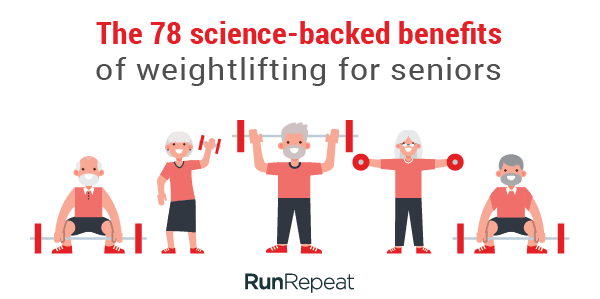How to Make Healthier and Safer Choices Following a Serious Illness or Injury
Experiencing a serious illness or injury can be a pivotal moment in a person’s life. The path to recovery and maintaining long-term health requires not only medical treatment but also a conscious effort to make healthier and safer choices. This article outlines how to navigate life after a major health event, ensuring you protect yourself from further harm and foster a positive path to recovery.
Understanding the Landscape of Occupational Injuries
On average, there are over 40,000 occupational injuries and illnesses reported to the Kansas Division of Workers’ Compensation annually. This staggering figure highlights the prevalence of work-related health issues and underscores the need for vigilant safety practices. For individuals recovering from an occupational injury, it’s crucial to reassess workplace conditions and personal safety habits.
First and foremost, ensure that any modifications needed to accommodate your injury are addressed. This could involve ergonomic adjustments, specialized equipment, or even a change in job roles. Employers are legally obligated to provide a safe working environment, so communicate openly about your needs and seek accommodations. Additionally, consider engaging in ongoing training about workplace safety to prevent future incidents. Regularly reviewing and updating your knowledge about best practices can significantly reduce the risk of re-injury.
Furthermore, don’t overlook the importance of a supportive work culture. Workplaces that foster open dialogue about health and safety can significantly impact recovery and prevent recurrence of injuries. Engage with your peers and supervisors to discuss how safety protocols can be improved and advocate for a work environment that prioritizes health and well-being.
The Importance of Preventative Health Measures
Following a serious illness or injury, adopting preventive health measures is essential. According to the CDC, the flu vaccine is one of the top three most common routine vaccines. This highlights the vaccine’s importance in preventing serious illness and complications, particularly for individuals who may already be weakened from a previous health issue.
Receiving the flu vaccine not only protects you from the flu but also contributes to overall public health. For those recovering from an illness or injury, a robust immune system is crucial. The flu can be especially debilitating for individuals with compromised health, making vaccination a wise choice. Additionally, maintaining a regular schedule of other vaccinations, such as those for pneumonia or shingles, can further protect your health.
Beyond vaccinations, consider other preventive measures such as maintaining a balanced diet, exercising regularly, and managing stress. These lifestyle choices can strengthen your immune system and enhance your overall health, making your body more resilient to future illnesses and injuries. Consult with your healthcare provider to develop a personalized health plan that aligns with your recovery goals and overall well-being.
Utilizing Urgent Care Resources
In the United States, there are over 10,000 urgent care clinics, according to Definitive Healthcare. These clinics offer a valuable resource for individuals who need immediate care but do not require emergency room services. For those recovering from a serious illness or injury, having access to urgent care can be a crucial aspect of managing ongoing health concerns.
Urgent care clinics provide a wide range of services, from treating minor injuries to managing chronic conditions. They are particularly useful for addressing health issues that arise suddenly or outside regular office hours. For example, if you experience a setback in your recovery or need urgent medical advice, these clinics can provide prompt care and guidance.
However, it’s important to choose an urgent care facility that aligns with your specific health needs. Research clinics in your area to ensure they offer the services you may require and have a reputation for quality care. Keep a list of nearby urgent care centers and their contact information readily available. This can save valuable time and stress in case you need immediate medical attention.
Conclusion
Taking proactive steps to adapt your workplace environment, maintaining a robust immune system through vaccinations, and knowing where to turn for immediate medical care are all essential components of a successful recovery. Each of these strategies contributes to a safer and healthier future, empowering you to navigate life post-recovery with confidence and resilience. Remember, the choices you make today can pave the way for a healthier tomorrow.





These are always tough decisions to make after not feeling 100%. It is good to have some guidance as far as what to do next.
Falling is actually very dangerous. My cat is always trying to trip me, and I have to be cautious and not fall and hurt myself or the cat.
As I grew older, I realised how important it is to remember that our choices can pave the way for a healthier tomorrow. Our decisions, whether about our diet, exercise, or even our mindset, can shape a brighter, healthier future for ourselves.
Great reminders to take care of yourself in injuries! I have known many who suffer from sports injuries even 20 years later.
Oh yes, taking on as many prevention health measures is so important. We wouldn’t want to have a much worse-off injury than we did, last time, do we?
I love that you included preventative measures in this. It’s so much better to prevent illness or future illness than try try to recover.